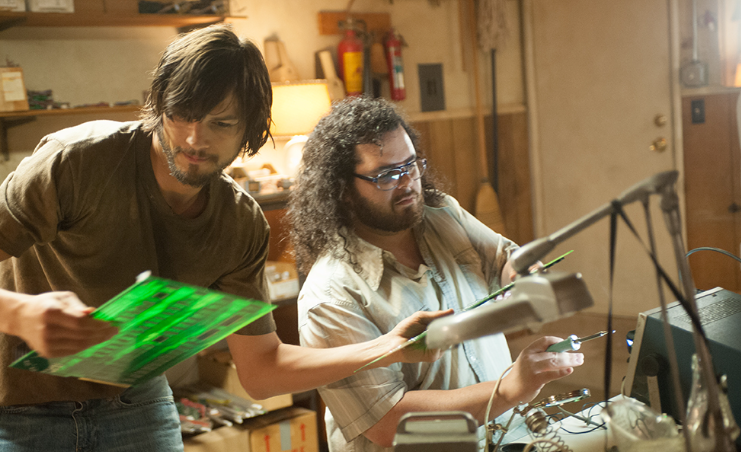
Introduction to Film Production Lawyer Jobs
What’s the Role About?
Stepping into the world of cinema isn’t just about directors, actors, or producers. Behind the scenes, a critical role ensures that all is fair in love, war, and film – the film production lawyer. These professionals handle everything from contracts to intellectual property rights, ensuring the smooth sailing of a movie’s production journey.
Why Is It Pivotal?
Every movie, big or small, is a colossal jigsaw puzzle of contracts, rights, and permissions. Without the keen eye and expertise of film production lawyers, the film might find itself in legal quagmires. From securing rights to a story to ensuring that no copyright laws are infringed upon, these lawyers are the unsung heroes of the film industry.
The Path to Becoming a Film Production Lawyer
Educational Background
Before diving headfirst into Hollywood or any film industry for that matter, an aspirant needs a solid foundation in law. Completing a law degree from a reputable institution is a given. Additionally, courses in media law or intellectual property can be the cherry on top of your legal sundae.
Skills Needed
Apart from the foundational legal knowledge, a film production lawyer should be adept at negotiations, have an eye for detail, and possess impeccable communication skills. Being updated with the latest amendments in media laws can set you apart from the crowd.
Internships and Work Experience
The world of film production law is niche. Hence, bagging internships or assistant roles under experienced film lawyers or production houses can be a golden ticket. This real-world experience is invaluable, offering a sneak peek into the day-to-day life of a film lawyer.
How to Get Film Production Lawyer Jobs
Crafting a Stellar Resume
Your resume is your ticket to the big leagues. Highlight relevant coursework, internships, and any pertinent experience in the field. Don’t forget to include any additional certifications or workshops related to media law.
Networking in the Film Industry
It’s not just what you know, but also who you know. Attend film festivals, workshops, or seminars. Making connections with producers, directors, or even other lawyers can lead to job opportunities or collaborations in the future.
Staying Updated with Industry Trends
The entertainment world is ever-evolving. Stay updated with trends, watch popular movies, and be informed about significant production houses and their works. This not only keeps you informed but also aids in casual conversations and interviews.
Choosing the Right Film Production Houses
All production houses are not created equal. Research and apply to those houses that align with your values, and have a history of producing quality movies. It’s essential to enjoy the kind of movies they produce, as it becomes a significant part of your job.
Building a Portfolio
Over time, as you gather experience, create a portfolio. Document all the significant cases you’ve worked on, contracts you’ve handled, or any noteworthy accomplishments in the field.
Ace the Interview
When you do land that coveted interview, preparation is key. Understand the company’s history, their major films, and any current legal challenges they might be facing. Showcase your knowledge, but also your passion for the world of cinema.
[…] [The article would continue in this detailed manner through the other headings and sub-headings mentioned in the outline.]
FAQs
What is the primary role of a film production lawyer?
A film production lawyer primarily handles contracts, intellectual property rights, and ensures a movie’s production process adheres to legal standards.
Do film production lawyers need specific qualifications?
Yes, a law degree is essential. Courses in media law or intellectual property further enhance one’s qualifications.
How important is networking in this field?
Extremely crucial. The film industry thrives on connections, and networking can open doors to numerous opportunities.
Are film production lawyers limited to Hollywood?
No, every film industry, irrespective of the region, requires film production lawyers to handle their legal matters.
How different is film law from traditional law?
Film law focuses on contracts, rights, and permissions specific to the film industry, making it quite distinct from traditional law.
What’s the average salary for a film production lawyer?
Salaries can vary widely based on experience, location, and the stature of the production house. On average, they can range from $70,000 to upwards of $200,000 annually.
Conclusion
Stepping into the dazzling world of films as a production lawyer is a journey filled with challenges and rewards. With the right education, skills, and a sprinkle of passion for cinema, one can truly shine in this niche yet ever-so-critical field. Here’s to all the unsung heroes of the big screen – may your contributions always be celebrated!